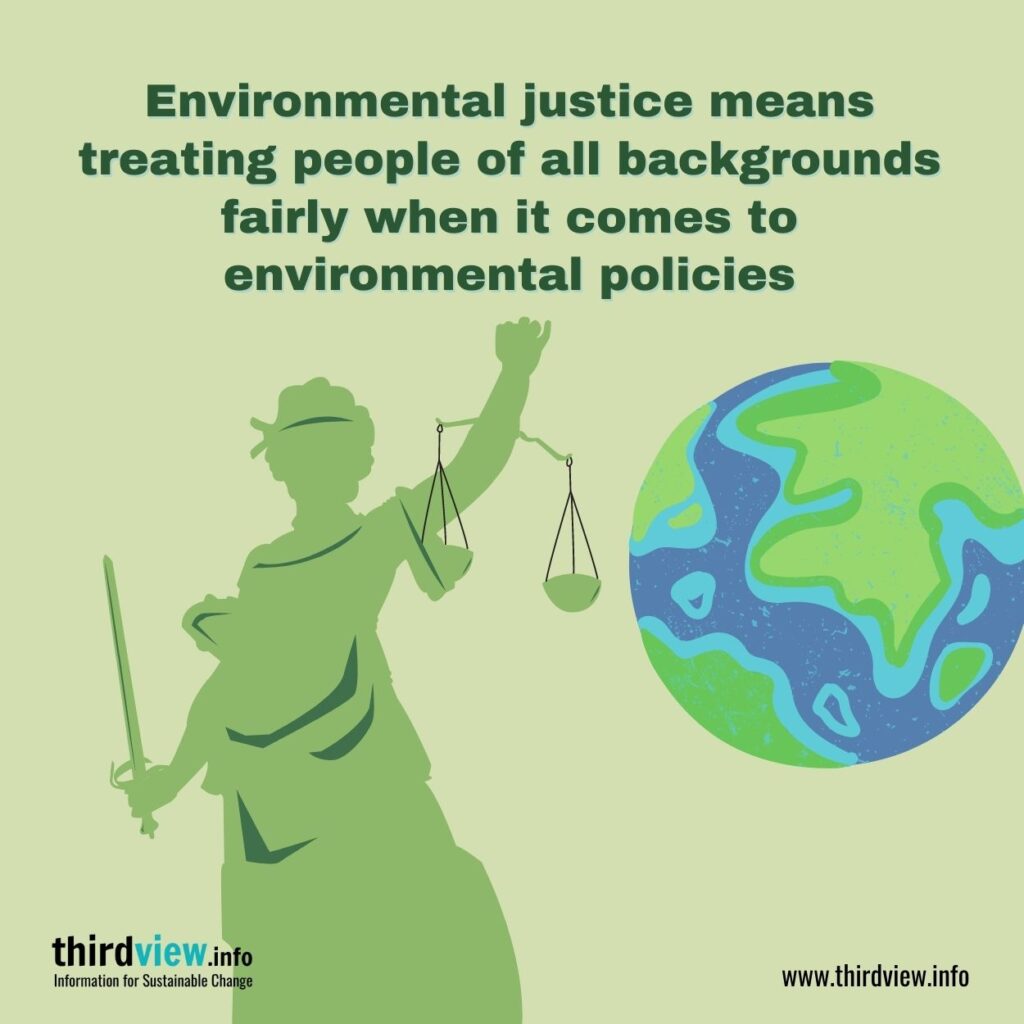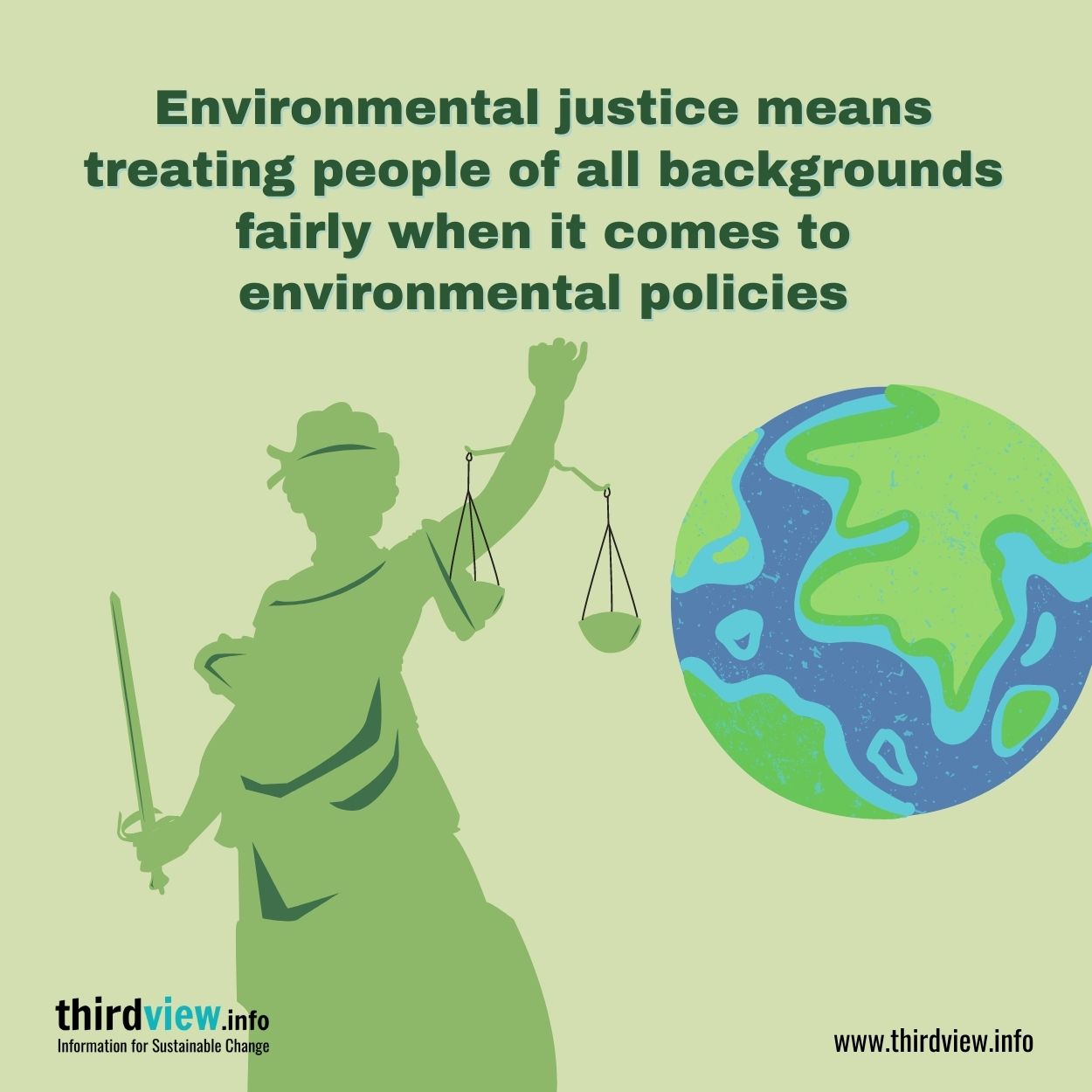Understanding how Environmental Justice works is a crucial step in creating a more equitable world. We’re all interconnected, and so the decisions we make regarding our environment will directly affect us, people around us, and the planet. In this blog post, we’ll discuss what environmental justice is and its impact on people and planet.
Environmental Justice Defined
Simply put, environmental justice is the fair treatment of people of all races and socio-economic backgrounds with regards to environmental policies. This means that everyone should have access to clean air, water, land, food, energy sources and other resources regardless of their race or economic status. It also includes the idea that those who are most affected by environmental issues should be consulted when decisions are being made about those issues. This means not only those living in close proximity but also those living further away who may experience the effects of pollution due to wind or water currents.
Impact on People & Planet
When it comes to creating equitable policies for the environment, there needs to be an emphasis on both people and planet – since they are interrelated. This means understanding how pollution affects a particular area as well as how it impacts public health in that area. For example, if a coal mine was located in a rural area where predominantly low-income African American families live – this would require looking at how air pollution could exacerbate existing asthma problems or cause additional health problems such as lung cancer or heart disease for these families due to increased exposure over time. It also requires considering how long-term environmental damage from coal mining could affect local wildlife or ecosystems in the surrounding areas.
Environmental justice is essential for protecting both people and planet from further harm caused by pollution or other forms of exploitation. Everyone deserves to benefit from clean air, water, and land without having to worry about their race or socio-economic status getting in their way. When making decisions about our environment we must ensure that everyone’s voice has been heard – even those who may be more vulnerable than others – so that we can create equitable solutions that work for everyone involved. By understanding what environmental justice is and its impact on both people and planet we can move closer towards achieving an equitable future for generations to come.


